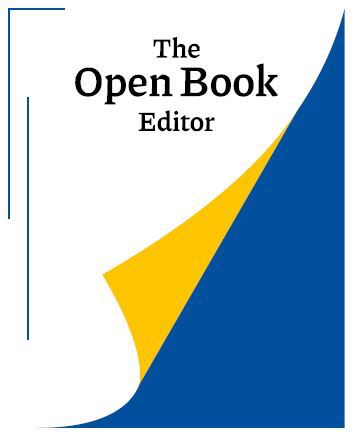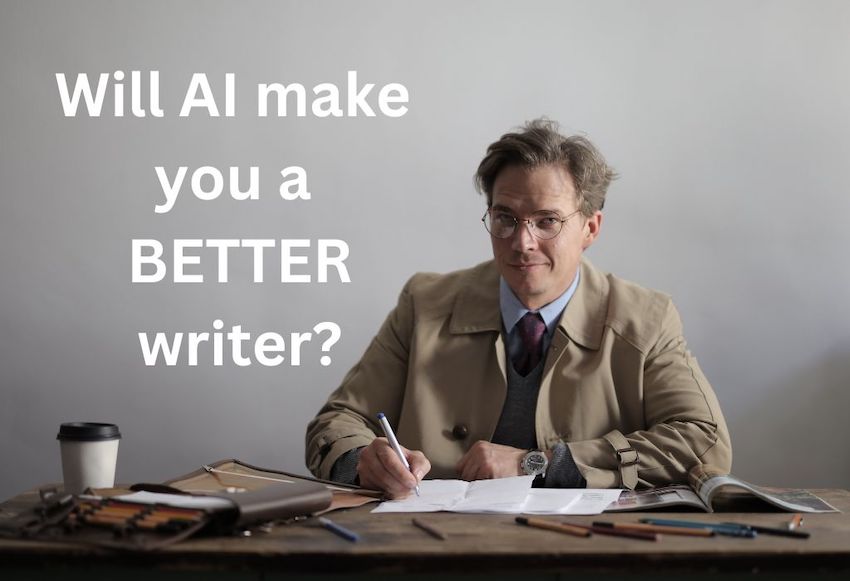AI has become an almost daily topic of conversation in the writing and publishing community. Most agree that AI can’t replace human novelists or show the same nuances as human book editors. But it might be hard not to wonder if it can, in some ways, make you a better writer. AI isn’t going anywhere. So, it’s up to creatives to learn how to navigate this new territory and see where AI fits into writing.
But where should we draw the line? Is AI a useful tool or a hindrance to human creativity? Is it okay to use it to ‘win’ challenges like NaNoWriMo (National Novel Writing Month)? And can generative AI actually make you a better writer? We’re going to dive into the ethics of AI programs like ChatGPT and talk about the place they may (or may not) have in creative writing.
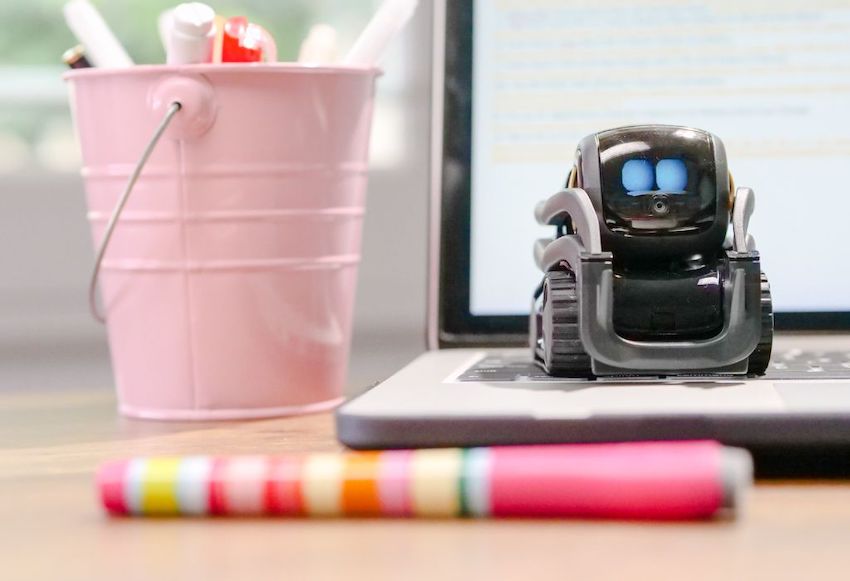
What’s going on with AI and NaNoWriMo?
If you’re not familiar with NaNoWriMo, it’s an annual event that challenges participants to write 50,000 words during the month of November. Since penning 50k words isn’t a must to participate, many writers take the challenge as an opportunity to set their own writing goals. Some use NaNo as a chance to self-edit their manuscripts, start a regular writing habit, or outline a new project.
But NaNoWriMo recently made waves with an announcement where they have greenlit the use of all forms of generative AI in this year’s event. The organisation went so far as to label any pushback against AI in creative writing as “classist” and “elitist”. Understandably, the writing community is not happy. In the aftermath, some sponsors withdrew their support for NaNoWriMo. Big name authors like Daniel José Older also called out the organisation’s use of specific language to further their business interests. (Adding to the drama: one of NaNoWriMo’s 2024 sponsors happens to be a generative AI writing tool.)
The writing community has held NaNoWriMo in high esteem for years (though that may be changing now). So, this has obviously created some serious discussion around whether it’s okay for writers to use AI. After all, authors are one of the groups of people that AI’s progress will most negatively impact.
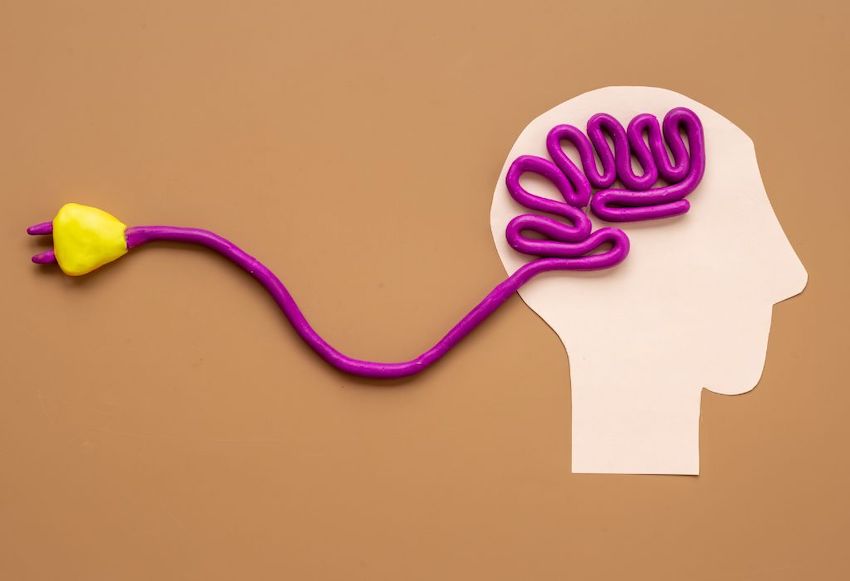
What is generative AI?
Obviously, you can still choose to participate in NaNoWriMo this year without using AI to help you write your book. But many writers have deleted their NaNo profiles because they believe participation = complicity. Whatever your stance on AI and NaNoWriMo, it’s important to understand what generative AI is and how it’s being used.
ChatGPT is perhaps the most widely known type of generative AI. Basically, it’s a learning model that is trained using large amounts of data—imagine all the internet knowledge in existence used to teach AI. Generative AI then uses this data to create images, text, and other content. However, because it’s trained on already existing data, this means that it takes from the work of other creators. This is done largely without their permission—which makes its use controversial and often ethically questionable.
To put it in perspective: the work of prolific authors like Zadie Smith and Stephen King have been used to train AI, and it’s done without their consent. Less well-known authors are at even higher risk of having their work stolen and repurposed by AI. And they don’t have the same platform or voice to fight it like Smith and King do.
Does AI have creative limitations?
AI has made certain aspects of the creative process quicker. This doesn’t mean it can make you more creative (or a better writer) though. These are some of AI’s biggest creative limitations:
- No imagination. AI creates content based on patterns and data. Which means, no imagination involved. Unlike human writers, AI lacks the imagination to create truly original work.
- No nuance. There is a lot of nuance to being a human being. And because AI isn’t human, it lacks the ability to understand nuance, subtlety, and context. For example, AI won’t be able to pick up on (or write) sarcasm or humour the way a human writer can. And it definitely won’t be able to help you better write believable dialogue full of nuance and complexity.
- No emotional intelligence. Every person has different levels of emotional intelligence closely tied to the nature and nurture of their life experiences. How much emotional intelligence does AI have? Exactly zero. It can’t gauge how to plot a scene that will affect readers on an emotional level. Nor can it tell the difference between an emotional flat or emotionally nuanced chapter.
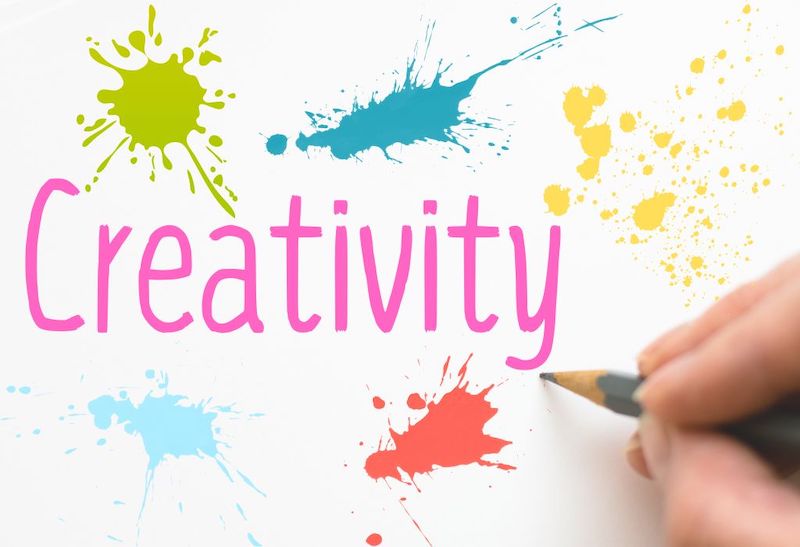
Ethical ways writers can use AI
AI can serve as a useful tool for some aspects of the writing process. For most writers, the unwillingness to engage with AI stems from the questionable ethics behind the content it provides. If you’re worried about the ethics of AI, here are a few ways you can use it to make your writer’s life better in small, ethical ways:
- Brainstorming. While AI won’t generate any original ideas, it can serve as a prompt. For example, let’s say you’re trying to create a believable world for your novel and need a good name for a fictional city. You can ask ChatGPT for ideas and use these as a launchpad to brainstorm further. BUT, be careful about using the exact suggestions AI programs like ChatGPT provide. Since it uses existing work to generate answers, you run the risk of plagiarising from other’s stories.
- Efficiency. There are ways that AI can save you time and make some of the writing process more efficient. For example, you could use it to help you create a chapter or book outline, for word generation and recall, or to research settings and locations.
- Surface-level edits. If you’re planning to self-publish, it might be tempting to cut costs by allowing AI to do all your book editing for you. However, AI can’t replace the value a quality book editor brings to the table. While you can use AI for basic surface-level edits (e.g. you need to check spelling or basic grammatical mistakes, or want to know when to use ‘whom’ vs ‘who’), it can’t check for nuance, plot holes, or perform other deep-level edits. You should also be wary of inputting your entire book into AI. It could be used to train these models further. It’s always a better idea to invest in a great book editor (a human one) to give your manuscript a true professional polish.
AI can certainly help better some aspects of your writing life, but be careful about crossing any ethical lines. Directly placing any AI generated content into your work is unethical. AI essentially ‘steals’ from other creatives in order to generate content. So, if you just copy/paste whatever AI writes for you, you are essentially stealing from other writers, too.

So, can AI make me a better writer?
Writing a book is hard. It takes hours of focus and years to become a better writer. It might feel tempting to find shortcuts to help you finish your first draft or edit your book. But there are no shortcuts to becoming a better writer!
If you rely on AI to create parts of your story for you, then you are offloading one of the most important parts of being a writer: thinking and practice. If you can’t be bothered to put in the effort to think through your story, to consider each detail, to create a cohesive plot, and then practice at getting better at putting it all down on the page, then why should future readers bother with your books? Why should a literary agent pick your story from the slush pile? Readers can tell when an author doesn’t put effort into their work and publishing is a competitive business. Quality is important, and the only way to achieve it is by doing the work yourself.
Humans have been creating amazing art long before AI came along. Tolstoy and Hemingway wrote masterpieces without the assistance of AI. Hellen Keller, who was both deaf and blind, was a prolific writer and activist. And she didn’t need AI assistance to do it! Obviously, every writer is different and is working with varied limitations. But reliance on AI isn’t the solution to becoming a better writer or writing more. The only way to do this is with practice.
Creating a writing routine that works for you and finding a supportive group of fellow writers who can critique your work are two great steps towards becoming a better writer. If joining a writing group seems daunting, why not try one-on-one author coaching instead? Our author coaches can provide emotionally intelligent and nuanced feedback on your manuscript. They’ll also help you to develop your skills as a writer in meaningful ways.
And remember that—whether you’re seeking out individualised coaching or a like-minded group of writers and authors—it’s people who make you a better writer, not some generative AI system that steals from creatives like you!
